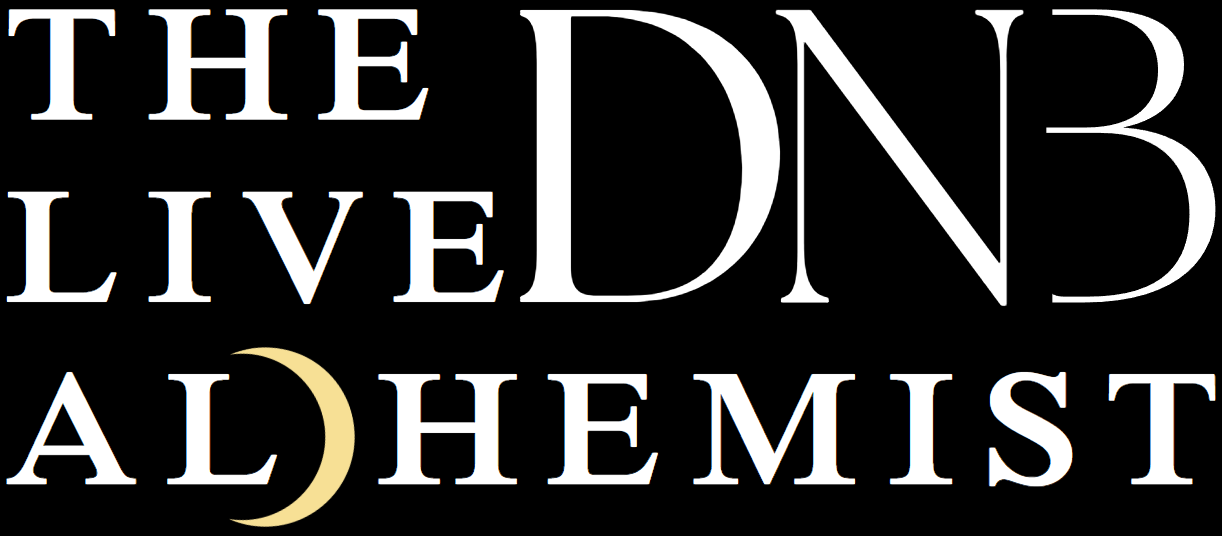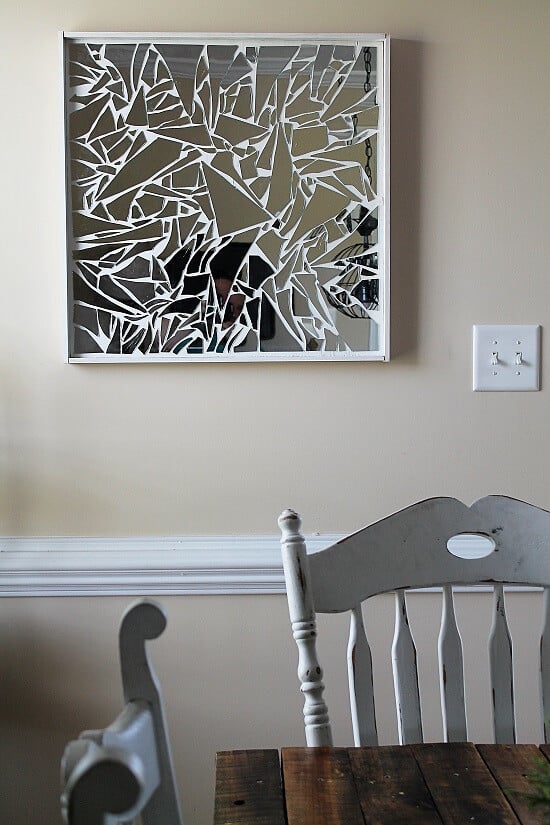In a quiet village, there lived a boy who spent his days in a workshop, breaking mirrors he’d forged himself with a small iron hammer.
One day, an old man passed by and cried out:
“Boy, why do you waste your days breaking perfectly good mirrors? It is foolishness and ruin!”
The boy paused, resting his hammer on the bench. He looked up with a calm smile.
“Don’t you know Grant’s rule? Your units are your multiplier. When you spend your life breaking a mirror, what are you left with?”
The man stared, puzzled.
“More mirrors,” the boy said, and struck the glass again.
At that blow, the mirror split—not into one, or two, but three shards of glass.
Each piece held a different sliver of truth.
The man bent down and picked up the shards, seeing himself reflected from three new angles: his past, his present, and who he might yet become.
Still, confusion clouded his face.
He looked at the boy and said, “All this breaking, all these mirrors—what does it serve? Don’t you worry about what might shatter in return? About what might be lost?”
The boy touched the satchel slung over his shoulder.
He said softly:
“Take care,” they say in casual parting. A throwaway line, like “God be with you,” whittled down over centuries into a single word: goodbye.
Don’t they know?
I don’t leave home without it.
I carry care in a satchel slung over my shoulder, packed tight. Enough for me—and enough for those who’ve long since run dry.
More than most could muster in their best year of hopeful yearning.
Care for strangers. For friends. For those who’ve wronged me. For cities at dawn and trees creaking in the wind.
I don’t say ‘take care’ lightly.
I’m already carrying it.”
The man fell silent, gazing again at the fragments glinting like stars on the floor.
Without another word, he went home.
The next day, he returned with a woven basket filled with mirrors from the boy.
He offered them freely to the townspeople, saying:
“Here—take one. For sometimes, to see clearly, you must look through many reflections.”
And so, the town grew full of mirrors, and people began to see not just themselves—but new possibilities hidden in each shard.


